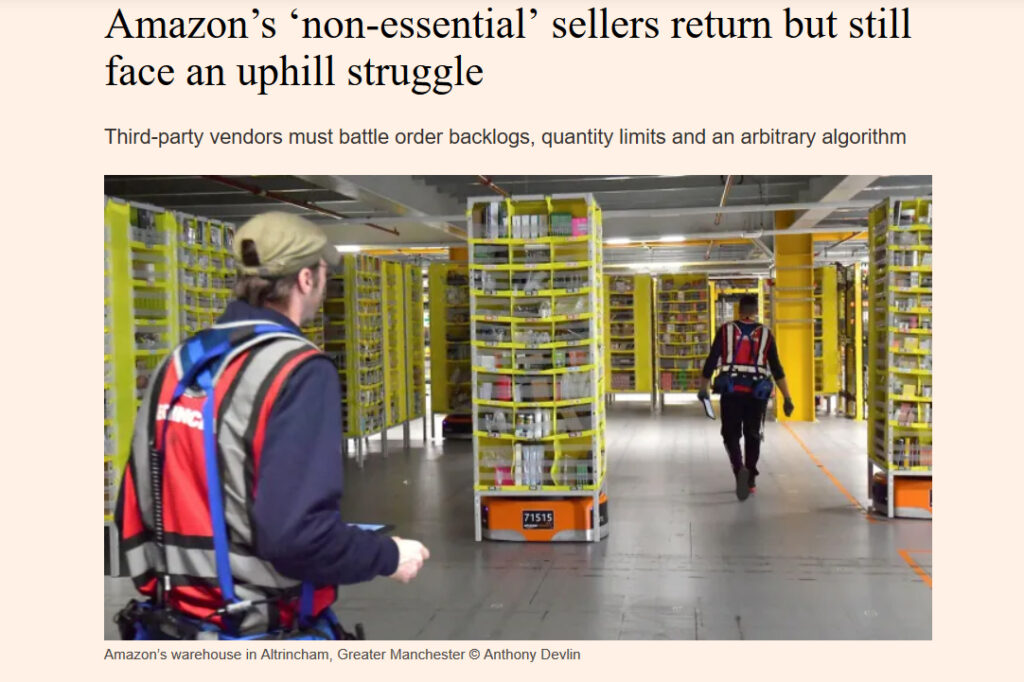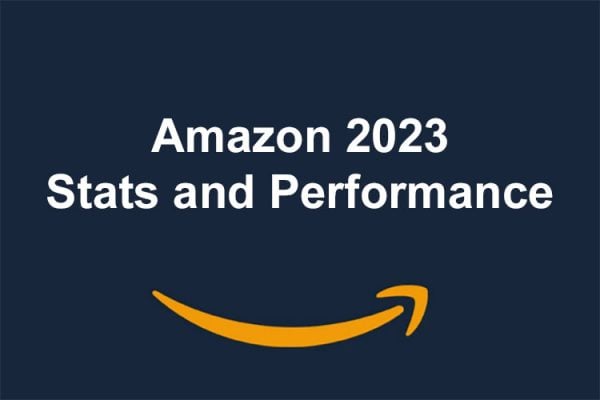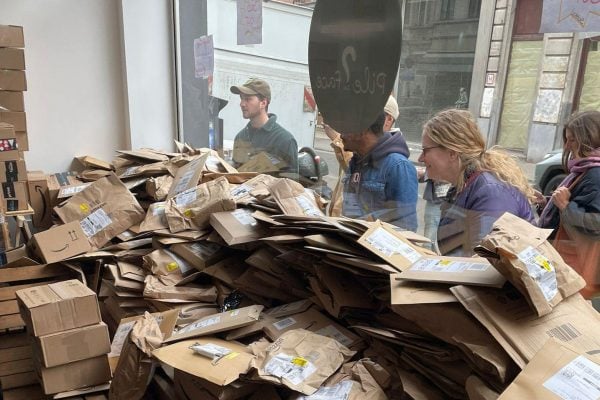The FT has published an analysis of the Amazon non-essential product relaxations and how they’re still causing enormous problems for merchants. (You can read the full FT article here, but a subscription is required).
At the onset of the Coronavirus, Amazon immediately halted all incoming shipments of product rapidly followed by pushing out delivery dates for products already in FBA warehouses. Now, Amazon non-essential product relaxations are allowing merchants to send inventory in to Amazon but it’s not all plain sailing.
The FT cites a seller with orders from consumers on Amazon still being held in FBA going back as far as March – it’s worth noting that merchants only get paid when orders are shipped, not when an order is placed.
Common complaints we’re heard (apart from quarantined stock cutting off merchants income) are that it’s too difficult to sort through products to figure out what Amazon consider essential (and will accept), what are classed as Amazon non-essential products and can be shipped into FBA but often with reduced quantity limits and what products Amazon simply will not accept at the moment.
Even if you identify product which Amazon will accept, the quantity limits are proving troublesome – if you have a container load of goods arrive, you can’t simply send the whole lot into FBA – some goods that you can send in will have to be broken down to cartons or even part cartons to get around Amazon’s limits and sellers are reporting that the quantities they can send to FBA aren’t sufficient for even the next few weeks (or days) sell through rates. This problem is exacerbated as the quantity Amazon will accept varies by individual product line – you can’t simply send in 50 units of everything!
In the mean time those operating Fulfilment by Merchant are still winning the Amazon Buy Box ahead of those with stock in FBA.
The challenge for many Amazon merchants is what to do with their product (that’s if they have it on hand, Amazon are accepting removal orders so that you can retrieve your stock but aren’t processing them at the moment so you can’t have your goods back to fulfil yourself!) Many merchants who built their business around FBA simply don’t have the storage capacity to fulfil themselves and third party alternative fufillment offerings can be more costly than FBA and take a considerable time to get set up.
Selling on alternative venues can also take time to ramp up and such was the might of Amazon that sell through rates on other marketplaces or your won website often can’t compete with the sheer volume Amazon could shift when it was doing well.
The one question that the FT didn’t pose was if merchants would forgive and forget. Once the crisis is over, will merchants be as willing to trust Amazon FBA again or will they permanently shift to fulfilment by merchant in the future? Bearing in mind that many health experts around the world indicate that we’ll be living with the Coronavirus for an extended period and there’s every expectation that there will be another wave in the future, current lockdowns around the world may be relaxed or lifted but there is no certainty that the doors will be slammed shut again in the near future and that includes the Amazon warehouse doors.
What is your long term strategy for working with Amazon? Will you be ramping up your FBA stock again or is your long term plan to either self-fulfil or use an external fulfilment house you can trust not to shut your business down?
Edited to add
Amazon have supplied the following statement:
“We understand the impact that COVID-19 has had on many of our selling partners and are working hard to help them during this difficult time, including waiving certain fees, pausing loan repayments, providing regular updates and guidance via direct communication channels, and relaxing our policies around shipping-related performance metrics to mitigate impact on their account health.”
– Amazon spokesperson











2 Responses
“Power tends to corrupt, and absolute power corrupts absolutely”,
What a pain selling on Amazon has become..
I’ve been an FBA seller for about 8 years. I also do MF. Obviously, I’ve done more MF recently although both have virtually trickled to a halt in the last few days.
So, yesterday I did a some calculations based on my 2018 figures. In that year I had approximately 8000 orders from Amazon. in that year I made approximately 60% GP. So I used the FBA Calculator to compare costs of an ‘average’ product with an average selling price €102 and an average purchase price of €62. I saved approximately €9 euros by using FBA
I also saw that my fees to Amazon that year were €207,000. This obviously included other than ‘straight’ commissions. So, lets say €195,000 on FBA ‘straight’ fees. However, I had calculated that I would spend €15 per order on average on MF post and packing etc. So with 8000 orders I would have immediately taken out €120,000.
That left me with €75,000 to cover all the rest of the things covered by FBA fees, if I completely stopped using FBA. So, I would have needed a bigger warehouse, warehouse facilities, more customer service resource more employees etc etc. Last but not least, I would have needed a full bells and whistles international website to rival Amazon’s! If I didn’t have that maybe in a year my sales might have dropped off by 70% in a full year and maybe 90% at the very beginning.
So, for me, it’s a no-brainer. There are significant downsides to Amazon but the really big upside is that it gives me a viable business. Back to the real problem now as always – finding stock.